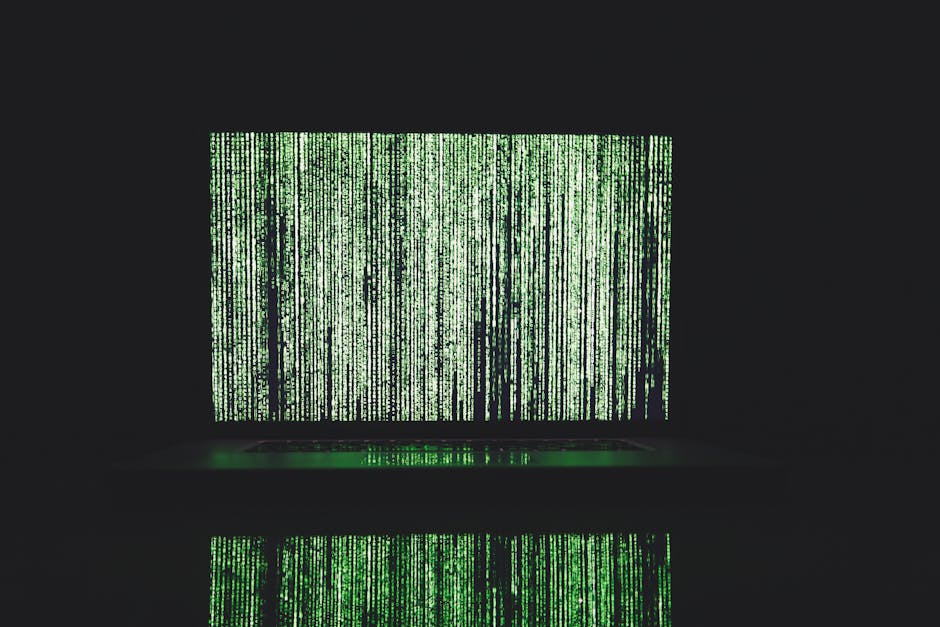Safety Tips in Preventing Malwares

Prevent malwares.
With all the different malwares out there, it is easy to get paranoid that your computer is already infected with viruses, that this website is unsafe, or that your email contains a malicious attachments. Refer to this list in order to minimize your risk of getting infected by malwares. Practice safe computing and inform everyone you know to do the same.
- Be suspicious of email attachments. If you are not expecting an email, most probably, the emails you got are just spam. Do not aimlessly open every email you received. Mostly importantly, do not download email attachments from unknown sources.
- Verify email messages. Some email messages appear to be from people you know, or to be from services that you currently use. Always check the sender’s email address. For example, if you are using PayPal when transacting online, all emails should be sent via PayPal.com. If you received emails from services providers like Yahoo.com, or Gmail.com, then, these people are just pretending to be someone from PayPal. Do not engage with these emails especially if it contains attachments.
- Do not set devices to “auto run”. Whether you are inserting an external storage device, or opening an email attachment, do not set it to auto run. Manually open your storage devices, DVDs, email attachments. Anything that can store a file of any size can be a carrier of a malware.
- Scan all media devices that is from someone else. Like what I said above, these devices can possibly carry a malicious software. Remember, these softwares are typically small in size. They can definitely fit in any media device that you can think of.
- Scan all new software before you install it. When you buy a new software, they are usually stored in a DVD, or you can digitally download them. Either way, you should scan any software you wish to install in your computer.
- Back up your files frequently. Keep important files safe. Preferably, you should have an external media device that is only for important files in case your computer gets infected. Do not just rely on the storage device in your computer. Always have a back up that is in a different location than your computer. You can also store these files online. When files are online, it is also vulnerable to intrusion. Offline back up is better.
- If you own a Windows PC, it is advisable to install all Microsoft security updates. Update your Windows Defender (Windows 8 and above), and Microsoft Security Essentials (Windows 7). These will provide you real-time protection especially if you are connecting a foreign device to your computer.
- Make sure that your malware scanners have the most recent virus and spyware definitions. If it is updated, it can detect the latest malwares that will try to invade your computer.
Remember that no security solution offers 100% protection. You have to be cautious when opening a file. Scan ALL the files – not just the program files – in your computer. You can use an online malware scanner and upload every file you receive. Jotti’s Malware Scanner uses 18 different scanners. You can also scan a website using Norton’s Safe Web. If you want to review of the different categories of malwares, you can view it here.

 When our computer goes crazy, we casually say, “My computer is infected by a virus.” Is the correct term for a system infection a virus? Should it be a worm instead? The truth is that a virus, a worm, and a trojan horse are all under the category of what we call a malware. They are all considered malicious software, or otherwise known as malware. A malware is a series of code that is meant to harm, burglarize, and deliver an unauthorized course of action. There are several threats that are considered a malware. The top three malwares are: trojan horses, viruses, and worms.
When our computer goes crazy, we casually say, “My computer is infected by a virus.” Is the correct term for a system infection a virus? Should it be a worm instead? The truth is that a virus, a worm, and a trojan horse are all under the category of what we call a malware. They are all considered malicious software, or otherwise known as malware. A malware is a series of code that is meant to harm, burglarize, and deliver an unauthorized course of action. There are several threats that are considered a malware. The top three malwares are: trojan horses, viruses, and worms.
